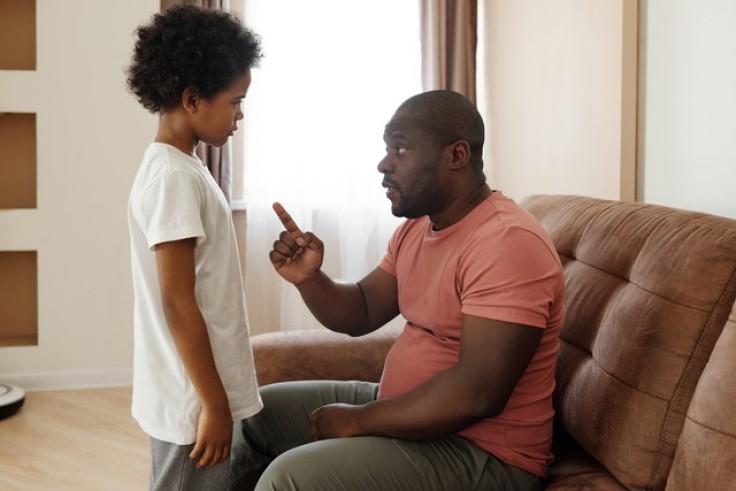
Parenting is a very delicate balance of raising children ethically while still preparing them for real life. We must remember many things when raising well-adjusted children, understanding the difference between positive and negative language to what we feed them. This can include doing counterintuitive things to ensure that children know what we say and learn from different circumstances.
Taking as many chances to communicate with children as possible without saying "no" is a good example. Negative words such as 'no,' 'don't,' and 'stop' are an integral aspect of parenting. It's all about reducing their use to rewire children's brains.
It's also difficult to admit that hearing no is extremely difficult. It turns out that children do pay attention to what you say.
According to a study published Wednesday in the journal Child Development, children who overheard someone saying negative things about a particular group of people developed negative biases against them.
A group of 121 children aged 4 to 9 years old was divided into smaller groups. They either overheard a child or adult making derogatory comments about a fictitious group of people known as "Flurps" or "Gearoos," or they heard nothing negative.
When a person in the room opened a pre-recorded video call, the children were involved in an unrelated task, which is how they overheard either negative messages about one of the two fictitious groups or no negative notifications at all.
Some children overheard a sarcastic message that said, "Those Flurps/Gearoos are really bad people. They eat disgusting food, and they wear such weird clothes. The Flurps'/Gearoos' language sounds so ugly."
Children aged seven and up showed more negative attitudes toward the made-up party immediately after overhearing the indirect conversation than children who had not overheard any negative messages.
According to study author Emily Conder, a doctoral candidate in the Psychology and Human Development Department at Vanderbilt University in Nashville, they have re-evaluated an average of two weeks later and still displayed negative bias against the groups in question.
According to Conder, children are still trying to categorize others. It's natural for them to do so at that age based on skin color, clothes, and other variables to comprehend the world around them.
Power of Negative Words on children
Receiving a compliment or hearing how well you've performed is often a boost to your ego. Still, if someone casually throws cruel or careless slurs, the consequences of the insult on the receiver are often ignored by the insulter.
Of course, we don't want a nation of narcissists who can't stand hearing even the most carefully worded criticism, no matter how well-intentioned, but there are always those who believe that mean, ill-intentioned words aren't a big deal. They are, mainly if the offended person only hears criticism and nothing else.
Negative words can have long-term consequences that extend well beyond the individual who spoke them.
Words have a lot of influence. Children who grew up in a home where harsh criticism and cruel taunts were common can attest that words can hurt much more than physical blows. That's because words are embedded in the minds of children, along with the pain of knowing that someone who should love and cherish them - a mother or a father - doesn't seem to think much.
Those kinds of debilitating wounds will resurface for decades. Few children will break away from the brand that a cruel parent or other authority figure has put on them as they grow up.